COURSE OVERVIEW
FACILITY INTEGRITY, INSPECTION, METALLURGY & CORROSION ENGINEERING
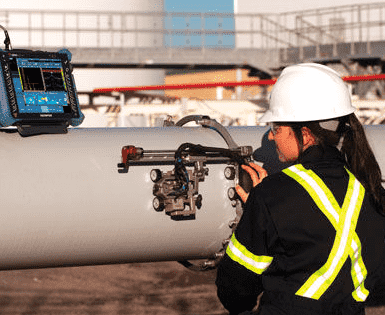
OVERVIEW
| COURSE TITLE | : | FE0110 : Fitness-for-Service, Remaining Life Assessment & Repair of Pressure Equipment & Piping (API-579/ASME FFS-1 & PCC-2 Standards) |
| COURSE DATE | : | Aug 05 - Aug 08 2024 |
| DURATION | : | 4 Days |
| INSTRUCTOR | : | Mr. Steve Magalios Days |
| VENUE | : | Abu Dhabi, UAE |
| COURSE FEE | : | $ 4500 |
| Register For Course Outline | ||
OTHER SCHEDULED DATES
| Date | : | Jan 07 - Jan 11 (5 Days) | Location | : | Doha, Qatar | Classroom Fee (US$) | : | $ 6500 | Course Info |
| Date | : | May 06 - May 09 (4 Days) | Location | : | Dubai, UAE | Classroom Fee (US$) | : | $ 4500 | Course Info |
| Date | : | Nov 04 - Nov 07 (4 Days) | Location | : | Al Khobar, KSA | Classroom Fee (US$) | : | $ 4500 | Course Info |
Course Description
This practical and highly-interactive course includes various practical sessions and exercises. Theory learnt will be applied using our state-of-the-art simulators. The latest ASME Post-Construction Code is an extension of the current API standards for RiskBased-Inspection (API 580, API 581), Fitness-ForService assessment (API 579), Damage Mechanisms (API 571) and repairs. They are a practical and important addition to the ASME design and construction codes, their objective is to prevent failures by timely detection and analysis of degraded conditions, and application of the right repair technique. In this highly practical course, participants will learn how to (1) plan inspections, (2) evaluate inspection results and calculate the remaining life of corroded and degraded equipment, and (3) select and implement the right repair by applying the new ASME Post-Construction Codes (PCC). The course will follow the same outline as the ASME PCC Codes, making the course notes a practical and handy reference to illustrate and explain the various requirements of the new ASME PCC codes. Further, the course will review the recommended practices of API 579 and API 571 and how they can be applied on Fitness-for-Service and damage mechanisms affecting process plant equipment. The course covers general engineering assessment, damage mechanisms, and specific assessment procedures that include the fitness-for-service of equipment and materials of construction used in refining, petrochemical, and chemical industries. It also covers brittle fracture applications for low temperature refinery and petrochemical services, assessment of corrosion damage, assessment of blisters/laminations, and assessment of crack-like flaws, assessment of fire damage, and the Run-Repair-Replace decision-making process. The participants will not only be able to apply the rules to calculate the remaining life of corroded and degraded equipment, and make run-or-repair decisions, but will also understand the historical and technical basis of the rules. The course is illustrated through a large number of case studies and does involve some calculatio link to course overview PDF
TRAINING METHODOLOGY
This interactive training course includes the following training methodologies as a percentage of the total tuition hours
LecturesWorkshops & Work Presentations
Case Studies & Practical Exercises
Videos, Software & Simulators
In an unlikely event, the course instructor may modify the above training methodology before or during the course for technical reasons.
VIRTUAL TRAINING (IF APPLICABLE)
If this course is delivered online as a Virtual Training, the following limitations will be applicable
| Certificates | : | Only soft copy certificates will be issued to participants through Haward’s Portal. This includes Wallet Card Certificates if applicable |
| Training Materials | : | Only soft copy Training Materials (PDF format) will be issued to participant through the Virtual Training Platform |
| Training Methodology | : | 80% of the program will be theory and 20% will be practical sessions, exercises, case studies, simulators or videos |
| Training Program | : | The training will be for 4 hours per day starting at 09:30 and ending at 13:30 |
| H-STK Smart Training Kit | : | Not Applicable |
| Hands-on Practical Workshops | : | Not Applicable |
| Site Visit | : | Not Applicable |
| Simulators | : | Only software simulators will be used in the virtual courses. Hardware simulators are not applicable and will not be used in Virtual Training |
RELATED COURSES
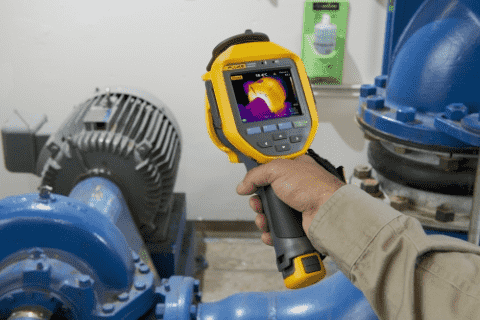
FE0985 : Thermal Infrared Testing ASNT Level-1 Training & Certification (ASNT, SNT-TC-1A)
- Date : May 13 -May 17 / 3 Days
- Location : Abu Dhabi, UAE
- Course Details Register
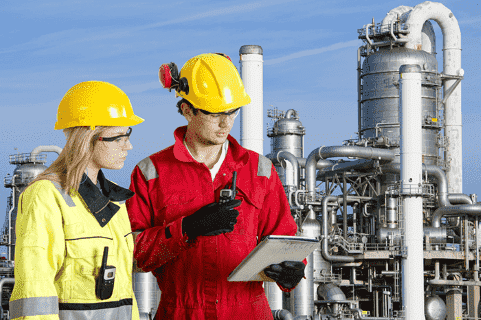
FE0890 : Technical Integrity & Engineered Safety in Process Plant
- Date : May 19 -May 23 / 3 Days
- Location : Doha, Qatar
- Course Details Register
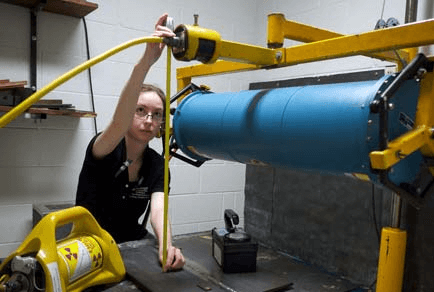
FE0790 : Radiographic Testing Level I Training & Certification (ASNT, SNT-TC-1A)
- Date : May 20 -May 24 / 3 Days
- Location : Abu Dhabi, UAE
- Course Details Register
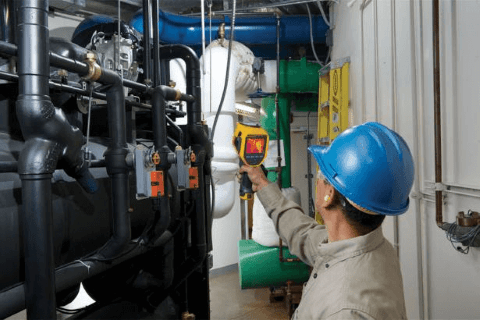
FE0986 : Basic Thermography & Thermal Imaging Reports (ASNT, SNT-TC-1A)
- Date : May 13 -May 17 / 3 Days
- Location : Abu Dhabi, UAE
- Course Details Register
